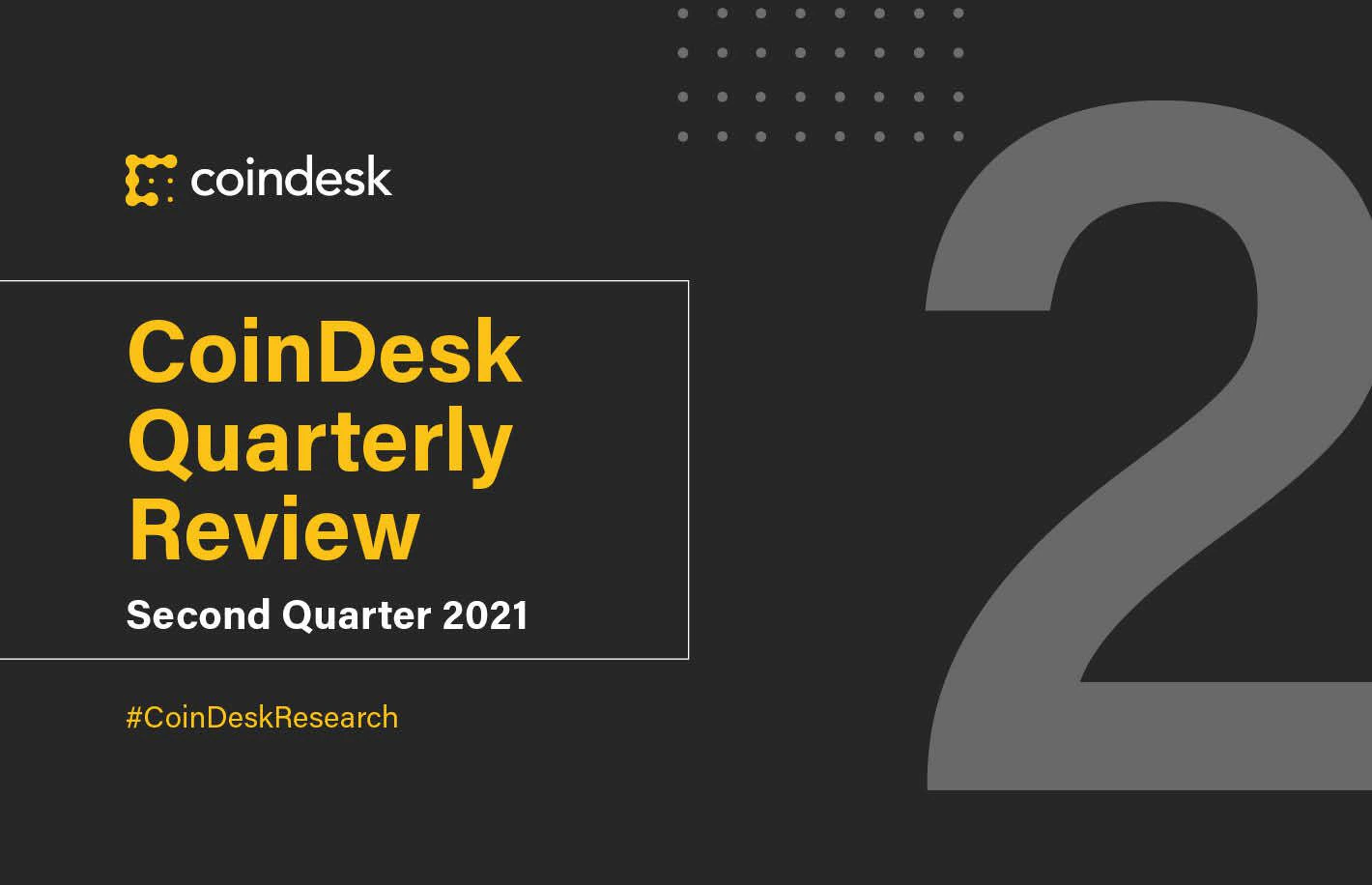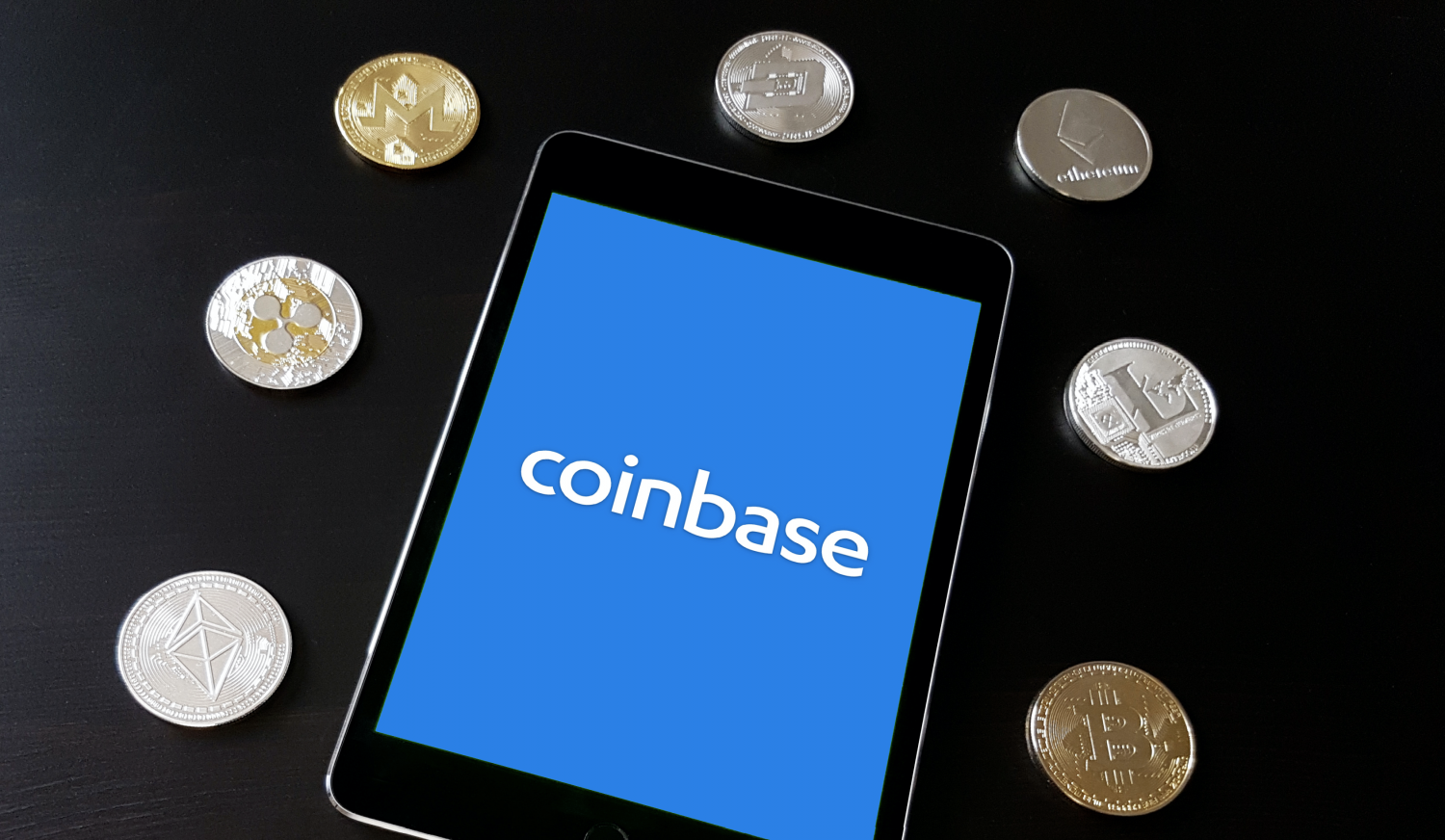Two New York-based crypto companies hope to scoop up growing institutional demand for physical bitcoin.
Announced Wednesday, Galaxy Digital’s trading arm and regulated bitcoin futures provider Bakkt said their new service – which has yet to be named – will offer asset managers, and other institutional investors, a new “white-glove” trading and custody solution.
As part of the collaboration, Galaxy will provide all the trading services and functionalities, leveraging its existing plugins to thirty different exchange venues. Meanwhile, Bakkt will repurpose part of its Bakkt Warehouse, which it used to facilitate physically-settled bitcoin contracts, as the service’s custody solution.
Designed to work around the clock, the idea, according to Tim Plakas, Galaxy Digital Trading’s head of sales, is to offer a “safe, efficient, and well-regulated route into physical bitcoin access, one that has been already proven successful in the macro hedge fund space.”
“We designed this partnership to service the uptick in demand our two firms have received from traditional asset managers seeking access to physical bitcoin,” Plakas added.
While the idea of two big-name companies teaming up like this may seem like a titillating prospect, both Bakkt and Galaxy Digital have struggled to make much headway this year.
As a merchant bank that invests in crypto companies, as well as trades digital assets, Galaxy Digital has failed to make much, if any, revenue since it first launched in January 2018. It reported a net loss of $32.9 million in the final quarter of 2019 and warned further losses from the coronavirus.
It was Galaxy Digital Trading, the branch now hooking up with Bakkt, which was responsible for pretty much wiping out Galaxy’s other revenue streams, losing a total $32.1 million in Q4.
Bakkt, on the other hand, has struggled to attract much footfall. Launching in September 2019, after more than a year of delays, the exchange’s volumes have remained low.
For example, there was a week in January, and two weeks in late February, where not a single one of its options contracts traded. That contrasted with a broader derivative space that reported record volumes during the same timeframes.
So far this week, for instance, Bakkt’s total volume for monthly options contracts was stuck at zero. Bakkt’s futures have seen more volume, reaching record levels last month during Bitcoin’s halving, though it’s now returning to more typical levels.
Disclosure
The leader in blockchain news, CoinDesk is a media outlet that strives for the highest journalistic standards and abides by a strict set of editorial policies. CoinDesk is an independent operating subsidiary of Digital Currency Group, which invests in cryptocurrencies and blockchain startups.









